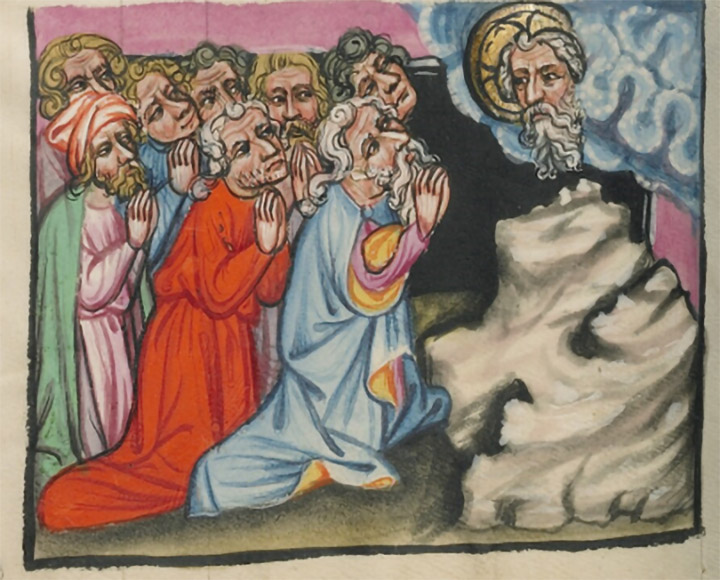I was fired in 1998 from my job as a writer at The New Republic and dismissed from several freelance assignments for having fabricated dozens of magazine articles. I deeply regret my misconduct, and the pain it caused. — Author’s note from Stephen Glass’ "The Fabulist."
When disgraced journalist Stephen Glass saw "Shattered Glass" last month, he felt he was viewing "a personal horror film." "It was [like] watching very good actors play out the very worst moments of my life," he said from his Manhattan home. "And like a horror film, I couldn’t watch whole chunks of the movie; I’d stare at the ground."
While the drama "gets things right in very many ways," Glass said, it neglects to describe why he fabricated: his desperate need for approval.
"I would invent a story or invent an aspect of a story … and then I would see that people liked my story and I would confuse that with their liking me," he said.
He explored these motivations in therapy and in his 2003 novel, "The Fabulist" (Simon & Schuster, $24), about a fabricating reporter — also named Stephen Glass — who braves national scorn. Like the real Glass, the fictional one retreats into a world that includes just his parents, his brother and girlfriend.
One place the real Glass found comfort was the Jewish community; several months after his disgrace, he anxiously ventured to High Holiday services at his childhood Conservative synagogue. "People knew all about the horrible sins that I had done, and here I was and what would they think of me?" he said. "[But] no one said a negative word."
Glass said he began reading Torah commentary and met with rabbis who described how a transgressor can rebuild his life. In "The Fabulist," the main character also seeks solace from a rabbi and reconnects with his religion. But observers such as Charles Lane, Glass’ former editor, believe the novel isn’t so apologetic.
"The book, in its very unflattering portrayals of everyone who … was not in Steve’s corner when this all happened, is very much in contrast with his protestatations of remorse," Lane said.
Glass, now a law school graduate, describes the criticism as "a refusal to engage the book as a work of fiction." He points out that the narrator is the worst transgressor in the book. Now "Shattered Glass" has recorded his own wrongdoings on film.
"But I hope there will someday be a time when I’ve done enough other good stuff with my life that it’ll be seen as a more complicated life," he said.
































